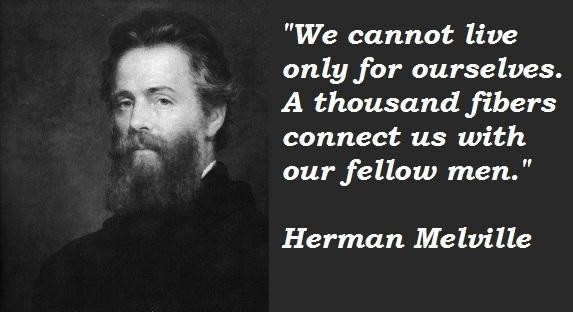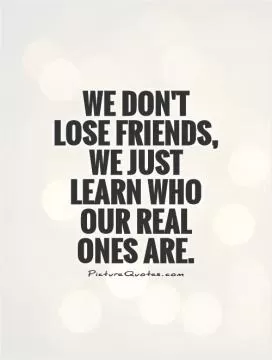We cannot live only for ourselves. A thousand fibers connect us with our fellow men

We cannot live only for ourselves. A thousand fibers connect us with our fellow men
Herman Melville, the renowned American author best known for his masterpiece "Moby-Dick," understood the interconnectedness of humanity and the importance of living for others. In his works, Melville often explored themes of isolation, alienation, and the struggle to find meaning in a chaotic world. He recognized that human beings are not solitary creatures, but rather part of a vast web of relationships that bind us together.The quote, "We cannot live only for ourselves. A thousand fibers connect us with our fellow men," encapsulates Melville's belief in the interconnectedness of all living beings. He understood that our actions have ripple effects that extend far beyond ourselves, impacting those around us and shaping the world we live in. Melville believed that true fulfillment and purpose could only be found through meaningful connections with others, and that by reaching out and forming bonds with our fellow human beings, we could find a sense of belonging and unity.
In his novel "Moby-Dick," Melville explores the theme of isolation through the character of Captain Ahab, who becomes consumed by his obsession with hunting down the white whale. Ahab's single-minded pursuit of vengeance leads him to forsake his crew and isolate himself from the world around him, ultimately leading to his downfall. Through Ahab's tragic story, Melville illustrates the dangers of living only for oneself and the importance of recognizing our interconnectedness with others.
Melville's writing also reflects his deep empathy for the struggles of his fellow men. In works such as "Bartleby, the Scrivener" and "Benito Cereno," he explores themes of power dynamics, oppression, and the complexities of human relationships. Through his characters, Melville shows the ways in which individuals are shaped by their interactions with others, and how our actions can have profound consequences on those around us.












 Friendship Quotes
Friendship Quotes Love Quotes
Love Quotes Life Quotes
Life Quotes Funny Quotes
Funny Quotes Motivational Quotes
Motivational Quotes Inspirational Quotes
Inspirational Quotes